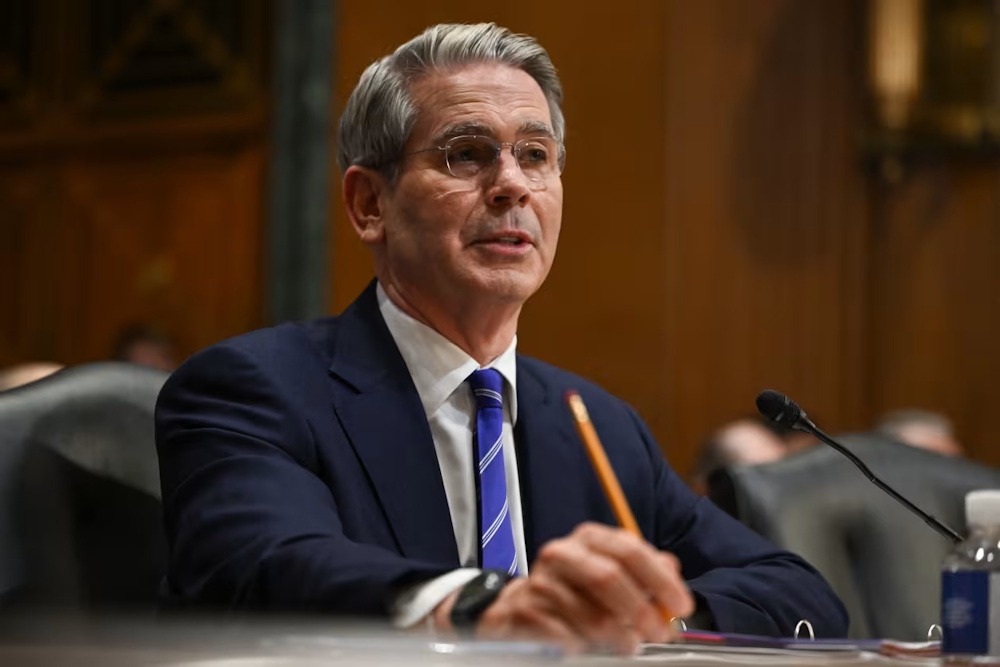The United States allocated a sum significantly surpassing US$1 billion this month for the acquisition of Argentine pesos, as per market estimates, coinciding with the intensification of Treasury Secretary Scott Bessent’s backstop initiative in anticipation of the midterm vote on October 26. The count is still pending verification, yet an anonymous trader estimated the amount at US$1.4 billion, whereas a regional consulting firm informed its clients that the figure was nearer to US$1.7 billion. The US Treasury Department, along with Argentina’s Economy Ministry and Central Bank, has not yet released official figures. Representatives from the US Treasury did not respond to a request for comment.
Argentina’s President Javier Milei and Bessent have aimed to prevent a pre-election rush on the currency. The peso, allowed by the government to trade freely within a defined range, has depreciated by 21 percent in the last four months. The asset was positioned at the lower boundary of the trading range for multiple days, leading the Central Bank to intervene for the first time in approximately a month.
“It was an important step to prevent a deeper deterioration in Argentine asset valuations,” stated Fernando Losada, an economist. “Nevertheless, the observation that the exchange rate hovered near the upper limit of the band – in light of Bessent’s declarations and the US Treasury’s interventions in the peso market – indicates that, despite the Treasury’s presence, investors continue to exercise caution regarding the political uncertainties surrounding the elections.” On October 22, the US Treasury executed its most significant dollar sale as the peso ended a five-day decline. On that particular day, JPMorgan Chase & Co and Citigroup Inc emerged as the primary dealers facilitating dollar sales on behalf of the Treasury, with traders estimating the volume of sales to be between US$400 million and US$500 million.
On October 21, Argentina’s Central Bank disclosed that it conducted further dollar sales amounting to US$45.5 million by the conclusion of the trading session. The government is approaching crucial midterm elections this Sunday, which will assess public backing and influence the extent to which it can advance the reforms it claims are necessary. Bessent also arranged a US$20-billion currency swap line for Argentina this month to provide more access to dollars, a deal he characterized as a “bridge to a better economic future” for the South American country.

